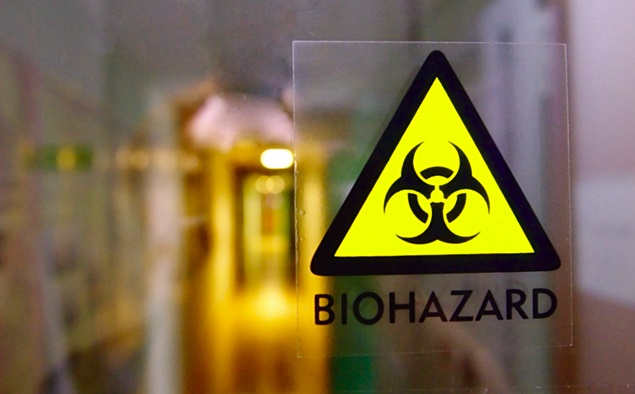1676

During the warm season, the risk of food spoilage and consequently, the occurrence of foodborne illnesses increases, so it is advisable to follow a few simple but very effective measures.
The National Sanitary Veterinary and Food Safety Authority recommends that the population pay attention to how they store or prepare food and the places where they buy it, especially during periods of high temperatures.
Thus, consumers are advised to:
- Purchase food products only from places or facilities that are registered or authorized by veterinary and food safety authorities, as these offer the guarantee of safe products that are veterinary-controlled and stored under appropriate conditions of temperature and hygiene;
- As soon as possible after purchase, store animal-based foods in the refrigerator: refrigerated meat, milk, dairy products, and eggs should be kept at a refrigeration temperature preferably between 0˚C and +4˚C and separately based on the product category, while frozen meat should be kept at a temperature as low as possible, ideally below -12˚C;
- Package food separately before storing it in the refrigerator and maintain it at the indicated temperatures throughout the validity period;
- Store cooked foods in covered containers;
- Do not refreeze defrosted products for later preparation or consumption;
- Remove spoiled foods, as they are a source of contamination for other foods;
- Wash fruits and vegetables well before storing them in the refrigerator and before consuming them.
Additionally, each Veterinary Sanitary and Food Safety Directorate will ensure that economic agents comply with:
- Avoiding the exposure of animal-based products for sale in places or facilities that do not ensure adequate temperatures and appropriate hygiene conditions;
- Checking the conditions of handling, storage, and transport of animal-based products in all authorized or registered veterinary units, especially perishable products (prepared meat, minced meat, fish, eggs, milk, and dairy products);
- Confiscating, denaturing, and destroying spoiled or damaged animal-based products during transport, distribution, storage, or sale;
- Prohibiting the transport of food products if adequate temperatures are not ensured to maintain the cold chain;
- Banning the sale and consumption of meat that has not been inspected, stamped, and certified by veterinary authorities.
Consumers can report irregularities in the field of food safety by calling the ANSVSA Call Center's toll-free number, available from any phone network: 0800 826 787. (Communication and Documentary Logistics Service) (Photo: Dreamstime)





